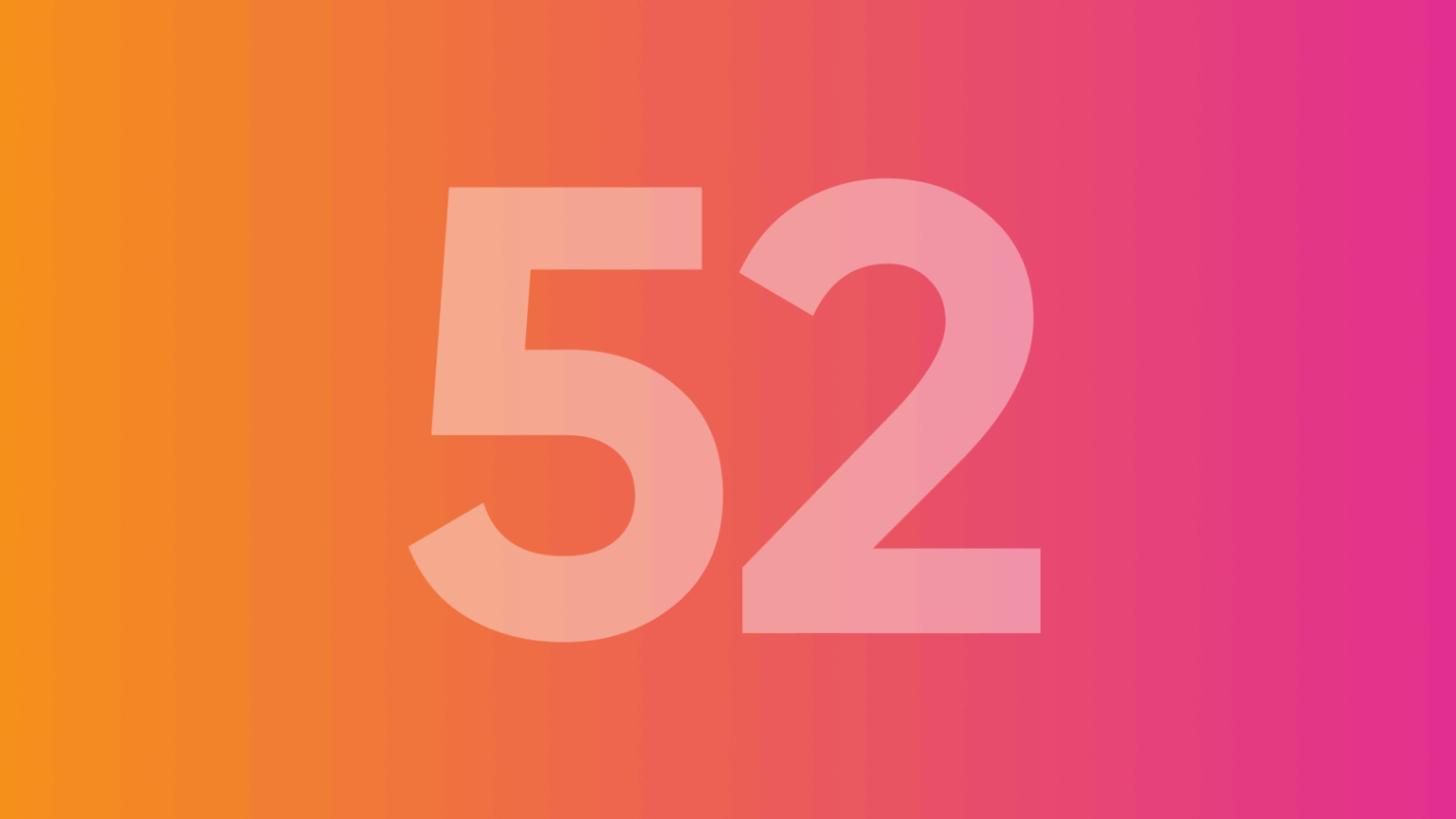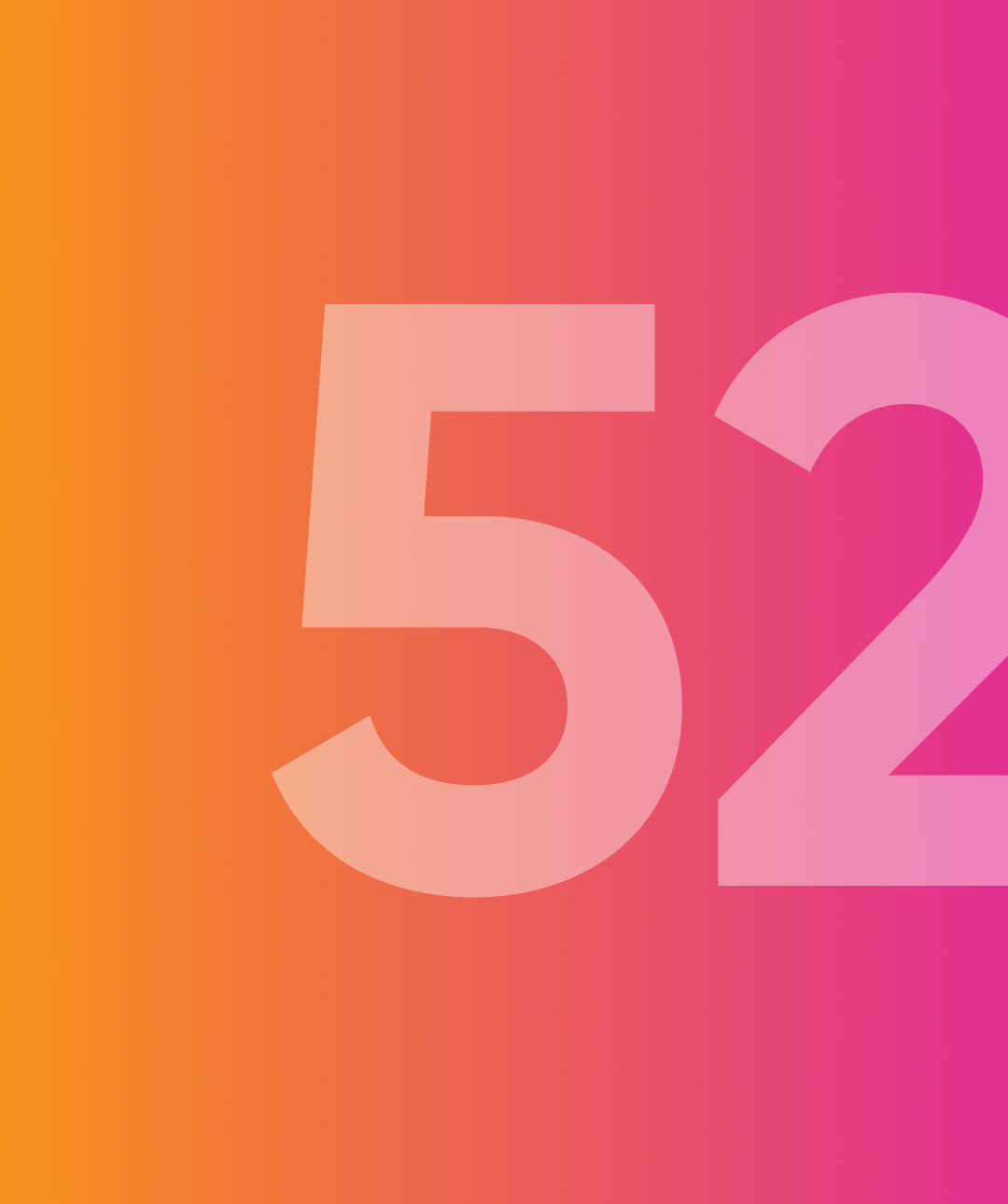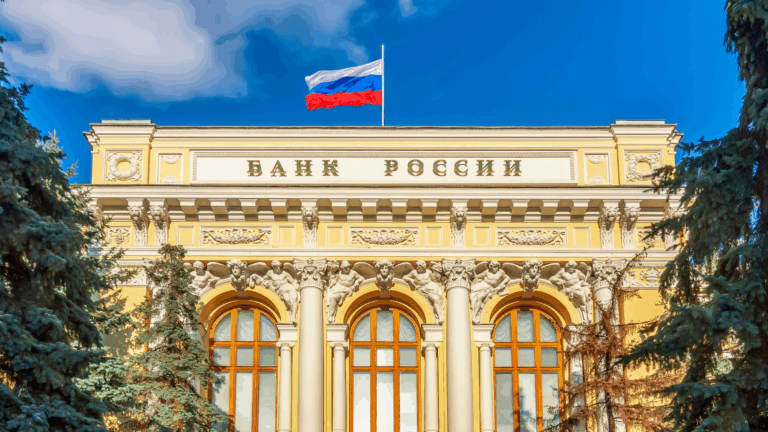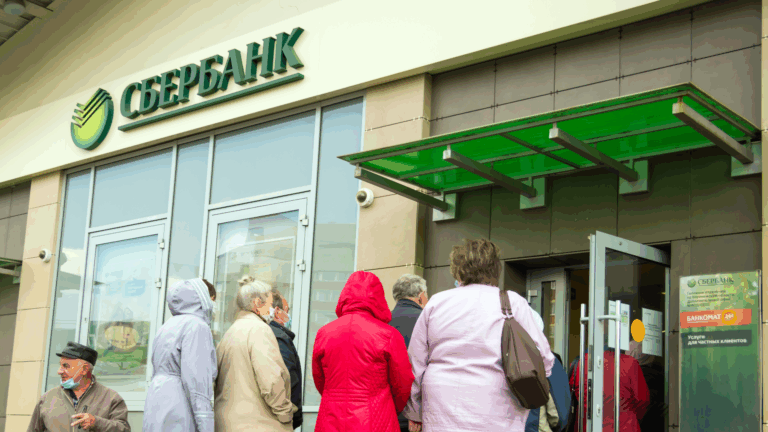Good morning, readers!
In Thailand, the government initiated the second phase of its digital cash handout, targeting four million Thai seniors with 10,000 baht ($290) distributed via their state-controlled “Tang Rath” app. For all intents and purposes, this serves as a pilot for the Thai central bank digital currency (CBDC), which comes with stringent restrictions and requirements on its usage, including links to citizens’ national IDs, facial recognition, and limits on where and when funds can be spent.
Meanwhile, in Brazil, new regulations proposed by the central bank would ban digital asset exchanges from allowing users to withdraw stablecoins to self-custody wallets. If passed, this would set an unfortunate precedent for financial autonomy in Brazil, restrict citizens’ movement of funds, and diminish their ability to have an alternative to the declining Brazilian real.
In a positive step for financial privacy, a US court determined that the Office of Foreign Asset Control (OFAC) exceeded its authority in sanctioning Tornado Cash, a digital asset mixing tool that provides users with transaction privacy. This ruling sets an important precedent, means US citizens can use Tornado Cash again, and is good news in general for builders of open-source privacy tools worldwide. In other privacy news, peer-to-peer Bitcoin exchange Robosats now shares an order book with fellow peer-to-peer Bitcoin exchange LNP2Bot via Nostr, making these privacy-centric on-and-off ramps more accessible and liquid for users worldwide.
We end with the latest episode of the HRF x Pubkey Freedom Tech Series, in which HRF’s Arsh Molu interviews Jorge Jraissati, president of the Economic Inclusion Group, on the state of freedom technologies like Bitcoin in Venezuela following Maduro’s stolen election earlier this year. This is an essential listen to understand how open, decentralized, and uncensorable protocols are instrumental for human rights and financial freedom to flourish under repressive regimes.
Now, let’s jump right in!

Thailand | Begins Second Phase of CBDC Handout
Thailand has begun the second phase of its 10,000 baht ($290) digital handout (ostensibly a central bank digital currency), targeting 4 million senior citizens and distributing funds via the government’s “Tang Rath” app. This follows an initial handout of digital currency to 50 million Thais as part of an economic stimulus plan. Critics, however, argue the handout is more accurately a means to entrench financial control and sway votes in the upcoming election. The Thai government limited the initial handout to local spending, specific items, and a six-month expiration. The second phase will likely impose similar restrictions, including requiring registration and facial recognition in the Tang Rath app. According to Thailand’s prime minister, “the digital wallet system would form a digital infrastructure for Thailand by creating a digital ID for citizens to link to government agencies” — a disconcerting reminder of how CBDCs can amplify state control over individual financial activity under the guise of social support.
Brazil | Proposes Ban on Transferring Stablecoins to Self-Custody
The Central Bank of Brazil (BCB) proposed regulations prohibiting digital asset exchanges from allowing users to withdraw stablecoins (digital currency pegged to fiat currency) to self-custody. The restriction aligns with a bill passed in December 2022 that grants the BCB “authority” over the digital asset industry. While presented as a safeguard for international capital flows, it is more likely a front to diminish the financial autonomy offered by digital assets. If passed, it will limit individuals’ movement of funds and set a chilling precedent for self-custody in a country where millions of Brazilians transact with digital assets on a monthly basis. As Brazilians face increasing economic instability and diminishing financial freedom, this regulation traps them further in a collapsing Brazilian real (BRL).
China | Prepares for Sanctions While Eyeing Taiwan
China is actively studying sanctions imposed on Russia to prepare for potential repercussions if it invades Taiwan. Chinese officials visited Moscow’s central bank, finance ministry, and other key agencies to analyze how Russia navigated economic restrictions. This proactive approach speaks to fears China may have over its $3.3 trillion in foreign reserves and overseas bank assets, which would face significant restrictions under Western sanctions. In an effort to mitigate these risks, China is working to diversify away from dollar-denominated assets and reduce reliance on US Treasury bonds, which underpin the global financial system. This comes amid escalating tensions with the US after Washington approved an arms shipment to Taiwan, prompting Beijing to vow “resolute countermeasures.”
Nigeria | Journalist Detained for Exposing Regime Corruption
The Nigerian Army’s 6 Division in Port Harcourt detained prominent investigative journalist Fisayo Soyombo, sparking national outrage over press freedom in Nigeria. Soyombo, known for exposing regime corruption, recently unveiled alleged smuggling operations involving the Nigerian Customs Service (NCS). The Foundation for Investigative Journalism, founded by Soyombo himself, demands his immediate release and condemns the actions as an attack on journalism. Under President Bola Tinubu, the government has intensified its dismantling of independent media, silencing critics and restricting tools and pathways that promote financial autonomy. This systematic repression denies citizens the ability to challenge inequality and secure a freer future.
Morocco | Drafts Law on Digital Assets and CBDC
Morocco is moving toward allowing digital assets and a central bank digital currency (CBDC). Central Bank Governor Abdellatif Jouahri shared that a draft law is currently in the adoption process that would reverse a ban on digital assets from 2017. The interest in a CBDC is nothing short of concerning in a country facing widespread repression and economic challenges. Citizens have already taken to the streets to protest rising costs, unemployment, and a lack of basic services. Centralized and programmable money provides the Moroccan government with newfound power to control individual financial activity and only serves to worsen these prevalent issues. Bitcoin adoption remains high under a regime that continues to fabricate economic hardship for its people.
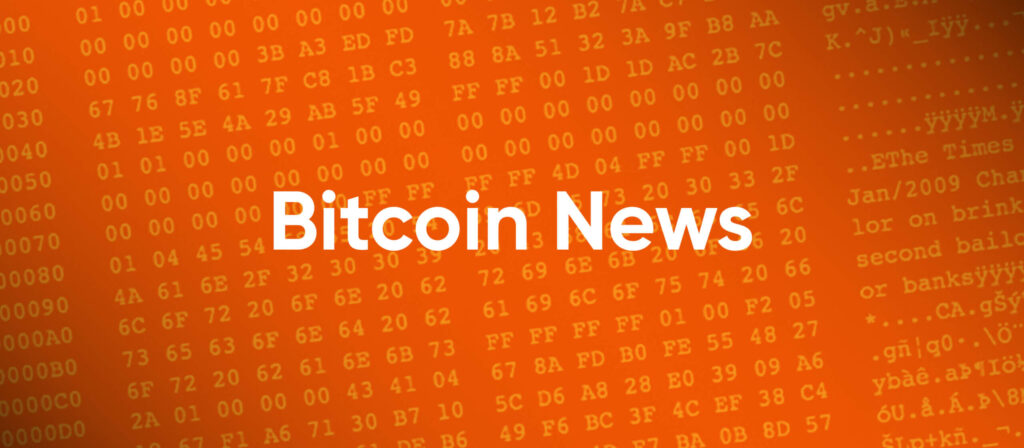
Tornado Cash | Fifth Circuit Court Lifts Sanctions
The US Court of Appeals for the Fifth Circuit ruled that the Treasury’s Office of Foreign Asset Control (OFAC) exceeded its authority by sanctioning Tornado Cash, a digital asset mixing tool that helps preserve transactional privacy. This reverses an earlier District Court decision that argued the software was under the authority of the US Treasury. The Fifth Circuit found that Tornado Cash’s smart contracts (self-executing lines of code) do not constitute “property” or “services” as defined under the International Emergency Economic Powers Act (IEEPA). They deemed these contracts more akin to “tools” than “services” requiring human effort, constituting “nothing more than lines of code.”
Robosats | Shared Nostr Order Book With LNP2Bot
Robosats, a privacy-focused peer-to-peer (P2P) Bitcoin exchange and HRF grantee, released version 0.7.3-alpha, introducing shared order books with LNP2Bot, a fellow P2P Bitcoin exchange and HRF grantee. P2P exchanges provide a decentralized, uncensorable, and private way for individuals to acquire Bitcoin — crucial in dictatorships with financial restrictions and heightened surveillance. The integration will allow users to access public trade orders from both platforms, creating a larger, more liquid marketplace for trades while reducing arbitrage opportunities. HRF is pleased to see the continued development and collaboration of privacy-focused Bitcoin platforms, which offer a vital on- and off-ramp for individuals whose financial privacy runs paramount for their safety.
Primal | Releases Version 2.0
Primal, a Bitcoin wallet and client for the decentralized Nostr protocol, released version 2.0 of its application, bringing new features and accessibility improvements to users. The update includes a Reads tab, allowing users to browse long-form articles, including HRF’s Financial Freedom Report, now natively on the platform. Additionally, an Explore Tab and Feed Marketplace help users connect, discover trending topics, and access tailored information. The update also brings a revamped search with customizable filters, making finding specific content easier. Primal continues to reinforce its role as a tool for uncensorable communication and greater financial privacy where needed most.
Ark | Introduces Virtual Channels for Instant Settlement
Ark Labs introduced virtual channels, a new feature enabling the instant settlement of transactions on the Ark protocol. Virtual channels facilitate payment channels without relying on backups, constant connectivity, or routing requirements. Ark itself is a layer-two protocol aimed at increasing Bitcoin’s scalability through fast and low-cost transactions. It accomplishes this by pooling Bitcoin liquidity, enabling users to make payments while providing liquidity providers the opportunity to earn fees. The primary tradeoff of Ark is that user funds expire if not used before a set period of time. You can learn about this update here.
Africa Bitcoin Conference | Upcoming Conference
From Dec. 9-11, activists, educators, and entrepreneurs will gather in Nairobi, Kenya, for the Africa Bitcoin Conference to discuss Bitcoin as a tool for resisting increasing global authoritarianism and promoting financial sovereignty. Attendees will participate in discussions, workshops, hackathons, and keynotes, exploring how Bitcoin can provide an economic and social foundation that empowers the individual, safeguards privacy, and fosters inclusion. HRF’s Financial Freedom team is sponsoring the event and will also attend, with keynotes delivered by Christian Keroles and Femi Longe. You can learn more about the conference here.
Chaincode Labs | Bitcoin and Lightning Development Program
Chaincode Labs, a Bitcoin research and development firm, invites developers to apply to its Bitcoin and Lighting protocol development program. This free, three-month course equips participants with the skills needed to contribute to Bitcoin open-source software while receiving mentorship from industry leaders. Open to developers of all experience levels, the program offers a pathway to careers in open-source software development. Applications close on Dec. 31, 2024. Apply here.
RECOMMENDED CONTENT
HRF x Pubkey — Freedom Tech in Venezuela Post-Election with Jorge Jraissati
In the latest HRF x Pubkey Freedom Tech Series, HRF’s Arsh Molu interviews Jorge Jraissati, president of the Economic Inclusion Group, to discuss the state of freedom technologies in Venezuela following Maduro’s stolen election. Jraissati offers a detailed account of how technologies like Bitcoin are helping Venezuelans navigate an economic landscape marked by hyperinflation, authoritarian control, and restricted access to financial services. The conversation underscores the importance of open and decentralized protocols in empowering individuals to bypass government restrictions, preserve their wealth, and sustain hope in a nation facing profound hardships. Watch the full interview here.
A Response to Ideological Stereotyping by Win Ko Ko Aung
In this article for Bitcoin Magazine, HRF Global Bitcoin Adoption Fellow Win Ko Ko Aung addresses the ideological misconceptions surrounding Bitcoin stemming from individuals’ preconceived notions of this emerging technology. Drawing on his experiences as a Burmese human rights advocate, Aung contrasts Western stereotypes of Bitcoin with his own personal story and emphasizes Bitcoin’s potential as a borderless financial tool for those living under authoritarian and repressive regimes. Read the full article here.
– If this email was forwarded to you and you enjoyed reading it, please consider subscribing to the Financial Freedom Report here.
– Support the newsletter by donating bitcoin to HRF’s Financial Freedom program via BTCPay.
– Want to contribute to the newsletter? Submit tips, stories, news, and ideas by emailing [email protected].
– The Bitcoin Development Fund (BDF) is accepting grant proposals on an ongoing basis. The Bitcoin Development Fund is looking to support Bitcoin developers, community builders, and educators. Submit proposals here.


